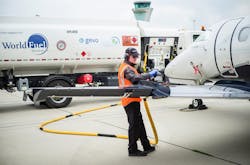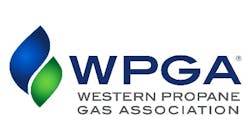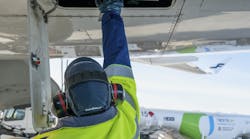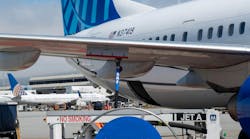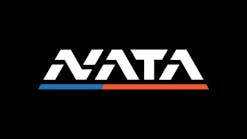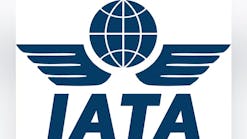NBAA, Industry Partners Oppose California Efforts to Regulate Jet Fuel
NBAA, along with several industry partners, recently wrote to the California Air Resources Board (CARB), opposing a proposal to regulate jet fuel under the Low Carb Fuel Standard (LCFS) program, saying the plan could inflate the cost of jet fuel without inducing additional sustainable aviation fuel (SAF) production in the state.
Despite targeting jet fuel used for intra-state travel within California, the industry letter also advised federal authority preempts the proposal. NBAA and its industry partners instead urged CARB to withdraw the proposal and work with industry to explore alternative solutions.
“The aviation industry is committed to reducing its climate impact and achieving net-zero carbon emissions by 2050, and transitioning to SAF is core to this commitment,” the group said in the letter. “We have long recognized that scaling up the supply of SAF and achieving net-zero carbon emissions by 2050 can only happen by working collaboratively with governments and other stakeholders across sectors.”
The industry partners described the relatively minor impact of aviation on the environment, but the significant impact on local and regional economies. Aviation accounts for just 2.6% of the U.S. greenhouse gas emissions, but 5% of U.S. gross domestic product and 4.1% of California’s GDP. Emissions from business aircraft are even lower at just .04% of total emissions.
Civil aviation companies provide 380,000 California-based jobs and have an overall economic impact of $194.1 billion.
“Aviation is critical to driving California’s economy and its rank as the 5th largest economy in the world, enabling $114 billion in annual trade flows and underpinning many of California’s other significant economic drivers such as agriculture, tourism, manufacturing, banking, technology and small business,” the letter said.
The industry partners pointed to California’s early leadership in SAF innovations, attracting investment, production and use of SAF through the existing LCFS Program, which provides an opt-in credit for SAF that helps reduce the price difference between SAF and conventional jet fuel.
“Our mutual interest is to increase SAF production, availability and use, and the most effective way to accomplish this is to continue the positive, collaborative approach represented by the existing ‘opt-in’ mechanism developed by CARB and the aviation community,” the industry partners concluded.
Phil Derner, NBAA’s regional director, Western region, pointed to the industry’s new CLIMBING. FAST. campaign, which highlights business aviation’s many societal benefits, including leading the way to net-zero carbon emissions by 2050 through improved technology, innovation and increased use of SAF.
The business aviation industry and CARB have the same goal here: to reduce carbon emissions through safe alternative fuels,” said Phil Derner, NBAA’s regional director, Western region. “We urge CARB to work in partnership with the industry to achieve our common objectives.”
